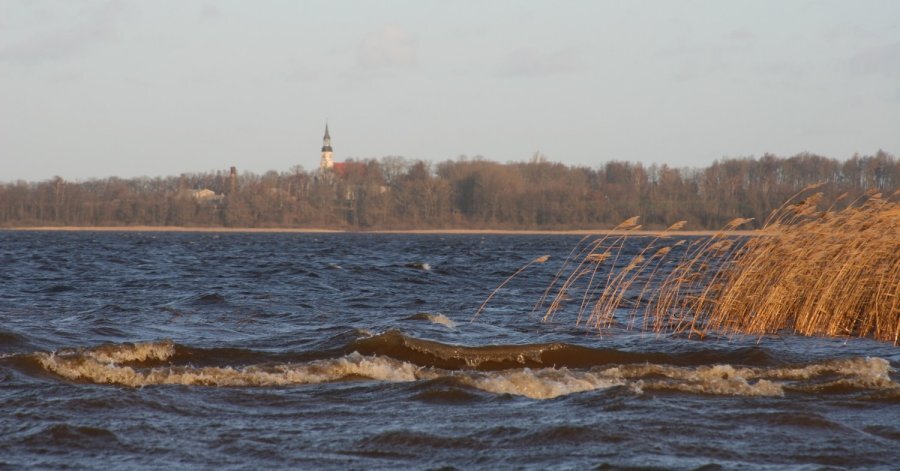More than 1,300 signatures on the cessation of industrial fishing in Lake Burtnieki have been collected on the public initiative portal “Manabalss.lv”.
–
Content will continue after the ad
Advertising
–
Jānis Bambarts has been indicated as the representative of the initiative. It was planned to collect 1000 signatures and submit them to Burtnieki municipality, which was done within three days.
The initiative calls for an end to industrial fishing in Lake Burtnieks, which is the fourth largest lake in Latvia. The author of the idea stated that the lake is currently threatened by eutrophication or overgrowth. One of the reasons for overgrowth is the disturbance of the ecological balance, which needs to be restored. Bambarts explained that one way to do this is to ban industrial fishing on the lake.
Since 2013, several scientific studies have been carried out in the lake and its catchment area, studying both water quality and fish and other aquatic inhabitants, plants, as well as other factors influencing the lake ecosystem. The research concluded that in accordance with the requirements of the Water Framework Directive, the water quality of the lake should be assessed as poor, Bambarts explained, adding that both intensive microscopic algal blooms in summer (green water) and fish population in the lake, where depressing white fish predominate. In turn, the proportion of the population of predatory fish (pikeperch, pike, perch) in the lake (approximately 15%) and the relatively large dominance of small specimens indicate the need to change the use habits of the lake.
The initiative states that research has shown that water quality and the unhealthy composition of fish populations point to the need to launch complex measures to improve the quality of the lake’s ecosystem, one of which could be the cessation of industrial fishing in the lake.
The author of the initiative stated that Fishing The law stipulates that a local government may prohibit industrial fishing in order to conserve fish resources as well as to develop recreational activities in public waters located in its administrative territory, after receiving an expert assessment and coordination with the Ministry of Agriculture and the Ministry of Environmental Protection and Regional Development. “Then it must be done in Lake Burtnieki as well,” Bambarts is convinced.
According to him, in addition to environmental sustainability, society will also gain more recreational opportunities. By banning industrial fishing in Lake Burtnieks, the pressure on predatory fish will be reduced and recreational opportunities in Lake Burtnieks will be developed.
–


